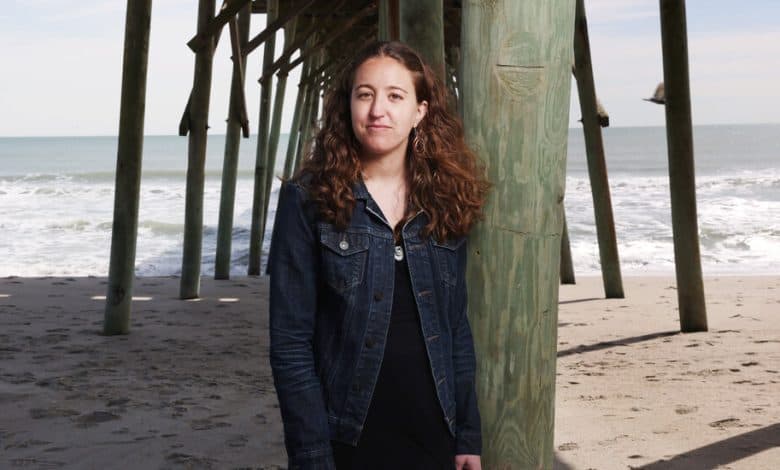‘Where Did Justine Go?’ One Woman Disappears Into Devotion

A few days before Christmas in 2020, quarantined with Covid in the basement of a Hare Krishna ashram in Philadelphia, Justine Payton admitted to herself how bad things had gotten.
She was 28 years old and had $72 to her name, after spending years working seven days a week in a cycle of cleaning, cooking, teaching, worship and selling books on the street. She rose at 4:30 each morning and her days ended at 9:30 p.m. If she violated the home’s strict rules — sneaking a piece of chocolate, say — her fellow devotees would report her to their leader, whom they knew as Mangal-arti.
Ms. Payton had moved to Philadelphia to help open the Mantra Lounge meditation center at the behest of Mangal-arti’s “spiritual master,” Devamrita Swami, a New York-born, Yale-educated leader in the Hare Krishna movement. The responsibility was an honor, she believed at the time. The movement had given her joy, purpose and community when she desperately needed it. Now she was reaching new followers with the same things that first attracted her: cheap yoga and vegan meals, and then meditation, chanting, and volunteer work.
But over time, the experience soured into something she would later describe as emotionally and spiritually abusive. Although she was bringing in money for the center through book sales, she kept none of it, she said, and had to use her savings to pay for some toiletries and other necessities.
After Mangal-arti, who had no formal medical or psychological training, told her she had borderline personality disorder, she said, she had begun to doubt her own instincts about even the most basic facts of her existence, doubts that reflected Hare Krishna teachings about not relying on one’s own emotions. (Mangal-arti, whose legal name is Aarti Khoda, said in a statement to The New York Times that she did not make a diagnosis, but inquired whether Ms. Payton might have the disorder because of her “extreme behavior.”) Ms. Payton contemplated taking her own life. She was paranoid, lonely and very, very tired.
Ms. Payton didn’t think of herself as part of a larger story about the popularity of alternative spiritual practices in the splintering religious landscape of 21st-century America. She hadn’t yet parsed the borderlines separating willing self-abnegation, mental illness and abuse. She craved transcendence, and like an increasing number of Americans, she didn’t find it in Christianity or another historic monotheistic religion.
